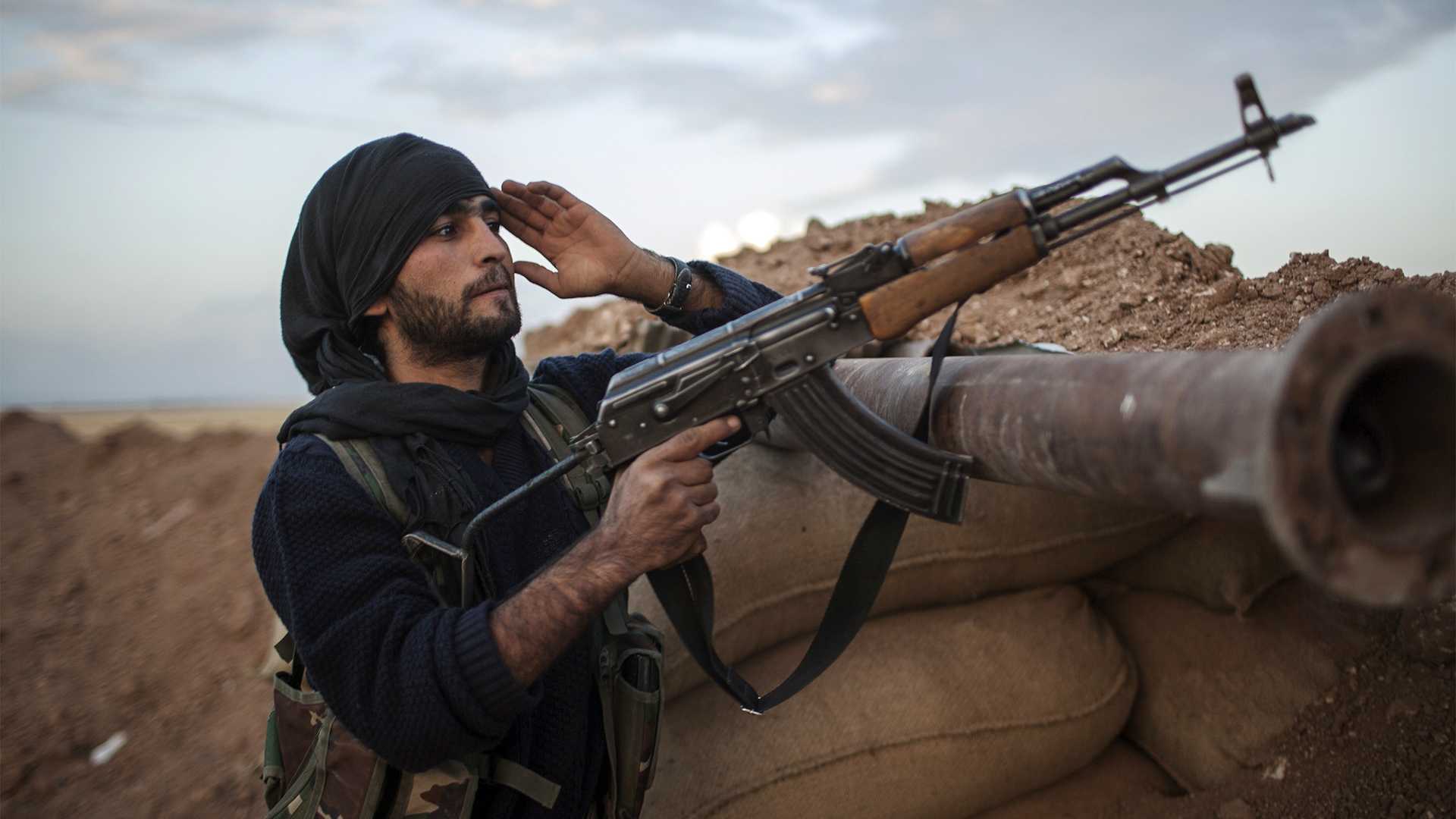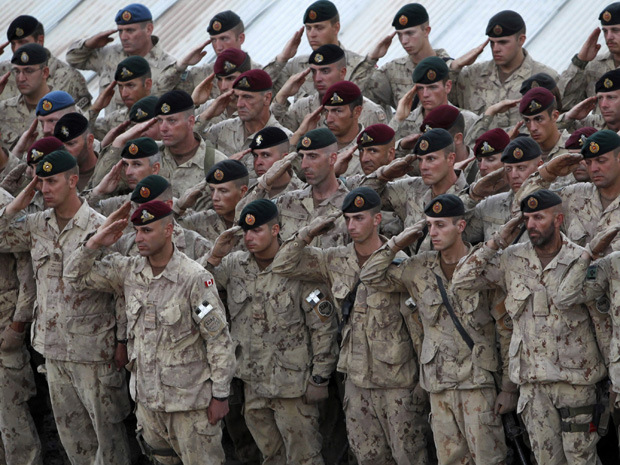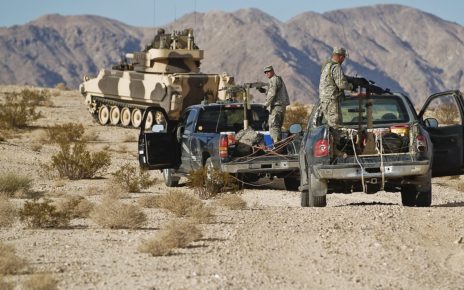With the international spotlight on Syria, Ukraine, and the Israeli-Palestinian peace process, a rebel group by the name ‘ISIS’ has crept out of the shadows and into the spotlight. The group is made up of trained fighters from Afghanistan to Iraq and back. They are heavily armed and they are extremely rich. The Islamic State of Iraq and Syria has captured, with ease, key cities throughout Iraq and are inching ever closer to Baghdad. Iraq is teetering on the edge of civil war. The group however, has an expansionist strategy and is not solely aiming for the takeover of the Iraqi state.
For approximately two years, ISIS has been heavily involved in the fighting in neighboring Syria. The group mostly maintained operations in the eastern provinces of Syria in Aleppo, Idlib, and Al Raqqa, before expanding northward. A fiercely sectarian Sunni group, their goal of creating a transnational Islamic state has placed them in an advantageous position to exploit what is essentially a fractured oppositional front against Bashar al-Assad. The Assad regime of course, is made up of mostly Alawites, a splinter group from Shi’ite Islam. They represent a minority in Syria but for decades held the most important posts in government and in the security forces.
United by the common goal to remove Bashar and his Alawite regime, ISIS and Jabhat al-Nusra, a proxy of Al-Qaeda in Iraq, had signed a pact in April, 2013. According to ISIS’ leader Abu Bakr al-Baghdadi, half of their budget was already directed towards the operation in Syria, therefore the next logical step would be to formally establish a linkage between two groups who share similar origins and end goals. The merger made sense because it was Baghdadi who had originally sent a lieutenant from his AQI (Al-Qaeda in Iraq) ranks to create the Nusra front in Syria. Such a merger naturally raised concerns amongst the Western and Gulf backers of other rebel factions. Two months later however, Ayman al-Zawahiri, the top leader of Al-Qaeda, annulled the merger with the intention of keeping ISIS in Iraq and the Nusra front in Syria.
“[ISIS] are our brothers” stated FSA’s Aleppo Military Council in July 2013, “[they] came to help us in a time when other Islamic and Western countries kept silent about the regime’s crime”
The brutality of ISIS caused rival Islamist groups in Syria to formulate what is known as ‘the Mujahedeen army’ with the aim of forcibly removing ISIS from the Syrian picture. ISIS ignored the rulings of Zawahiri and stood its ground against the Mujahedeen Army by seizing additional territory. In September, 2013, ISIS and the Western-backed Free Syrian Army (FSA) signed a cease-fire pact. In a statement from the FSA’s Aleppo Military Council in July, 2013, ISIS was given a show of support, “[ISIS] are our brothers who came to help us in a time when other Islamic and Western countries kept silent about the regime’s crime”. The Syrian National Coalition on the other hand, the exiled political wing of the backed opposition, issued a statement in September, 2013 denouncing ISIS, claiming they are out to establish a de facto state within Syria thus undermining the revolution’s aims.
What does rebel infighting, cross-border tensions, and a three-year civil war amount to today? To begin with, ISIS has expanded control in various parts of Iraq, taking key cities such as Mosul. Their gains also include taking several border crossings between Iraq and Syria, playing into their greater strategy for a cross-border state. The pact between ISIS and the FSA was short-lived as the latter began launching operations against ISIS. In return, two top FSA commanders were assassinated by the rebel group. Further division between ISIS and Al-Qaeda derived from Baghdadi’s declaring Al-Qaeda to no longer be the basis of jihad and that the leaders have deviated from what he termed ‘the correct path’.
The current perception of ISIS is one of self-interest and a lack of concern in taking part in the broader revolution to oust the Assad regime. More recent confrontations with the Islamic Front have proven to be detrimental to ISIS expansionism in Syria. The Islamic Front is made up of seven other Islamist groups, who, while sharing the same goal of creating an Islamic state in Syria, differ with ISIS on the follow-through. Regardless of the long-term viability of the Islamic Front, they currently wield an army of over 50,000 soldiers. Therefore while ISIS continues to gain ground in Iraq, it is increasingly in danger of being isolated and losing ground inside Syria.





